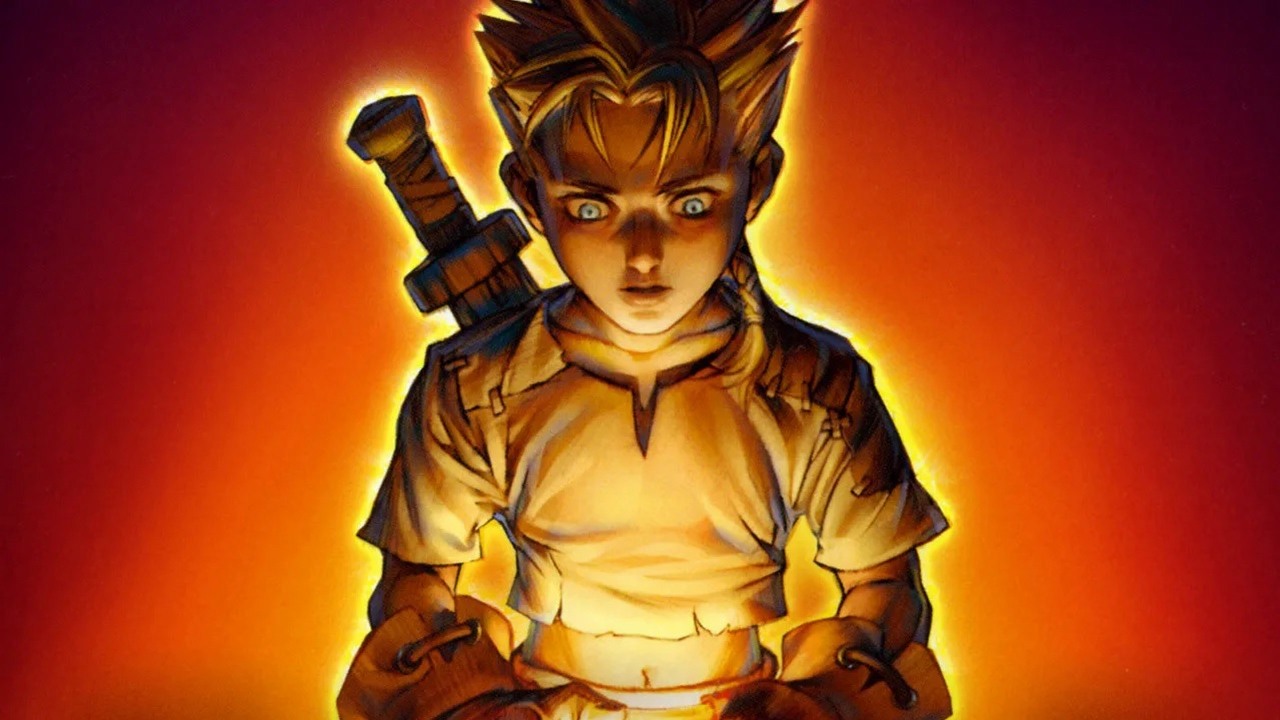Microsoft Admits Shutting Down Fable Devs was a Mistake
Microsoft - including Phil Spencer, the head of Xbox - realizes that closing down Lionhead, the studio responsible for the Fable series, was a mistake caused by the desire to promote Kinect. The company declares that it has learned its lesson, which is said to be have been proved by the successful cooperation with developers from Xbox Game Studios.

"Mistakes are not made to be regretted, but not to be repeated," wrote Timur Vermes. The folks at Microsoft responsible for shutting down studio Lionhead would certainly agree with the German writer. Several of them admitted in the sixth episode of the Power On: The Story of Xbox series (see below) that the shutting down Lionhead Studios, the team responsible for the Fable trilogy, was a mistake they hope never to repeat. Furthermore, they argue that they've learned from it and it's shaped the way they now work with developers in the Xbox Game Studios family.
Shannon Loftis, the then-head of the division - then known as Xbox Studios - commented as follows:
"We released Fableand it was a hit and people loved it. That game was beautiful like moving stained glass, and people wanted more, so we bought Lionhead. Those are the good times. The [sequel - ed. note] game was great. Everything went great. But after Fable II Kinect came along. Mixing Fable and Kinect didn't work out. Fable : The Journey, on the other hand, is a beloved project for many people, but it strayed from what made the first two games popular. [...] I wish Lionhead still existed."
Sarah Bond - since 2017 the head of experience and game developer ecosystem at Xbox - described the situation in more detail:
"We bought Lionhead in 2006. We closed it in 2016. We had to consider what happened. What did we learn so we don't repeat the mistakes?"
Her question was answered by Phil Spencer - head of Xbox since 2014, which is also when it was decided that the developers of Fable were to be shut down:
"We buy a studio because they're great at something. Our job is to help them [the developers - ed. note), not for them to help us."
In other words, Microsoft declares a desire to help developers create games, rather than just passively benefiting from their success and hard work to advertise their own products (in this case Kinect). It would be a good moment to mention what Jason Schreier published last Wednesday, concerning the problems posed by the work on Halo Infinite.
Ultimately, after postponing the release for a year, the game turned out to be quite solid. This is evidenced by both positive reviews, as well as excellent sales on Steam. It can be considered that this is partly due to Microsoft, who agreed to delay the game's market debut. As a result, the company remained without a so-called system-seller at the launch of the 9th-gen consoles. Also Tim Schafer and his Double Fine saved themselves a lot of overtime while working on Psychonauts 2 thanks to the help of Xbox Game Studios.
It's safe to say, then, that the company has really learned something. What's more, it'll have a chance to make amends, as the fourth Fable has been four years in the making at Playground Games - on the same engine as Forza Horizon 5 - and could debut in late 2023 or early 2024.
0

Author: Hubert Sledziewski
Has been writing professionally since 2016. He joined Gamepressure.com five years later - although he has known the service since he had access to the internet - to combine his love for words and games. Deals mainly with news and journalism. A sociologist by education, a gamer by passion. He started his gaming adventure at the age of four - with a Pegasus. Currently, prefers PC and demanding RPGs, but does not shy away from consoles or other genres. When he's not playing or writing, he enjoys reading, watching series (less often movies) and Premier League matches, listening to heavy music, and also walking the dog. Almost uncritically loves the work of Stephen King. Does not abandon plans to follow in his footsteps. However, he keeps his first "literary achievements" locked away deep in a drawer.
Latest News
- „A lot has become lost in translation.” Swen Vincke suggests that the scandal surrounding Divinity is a big misunderstanding
- Stuck in development limbo for years, ARK 2 is now planned for 2028
- Few people know about it, but it's an RPG mixing Dark Souls and NieR that has received excellent reviews on Steam, and its first DLC will be released soon
- AI „won't make The Witcher 5,” but CD Projekt Red doesn't despise it. Artificial intelligence isn't responsible for massive layoffs in the game industry
- This is expected to be the biggest year in the company's history. Blizzard prepares an offensive that will overshadow previous years


